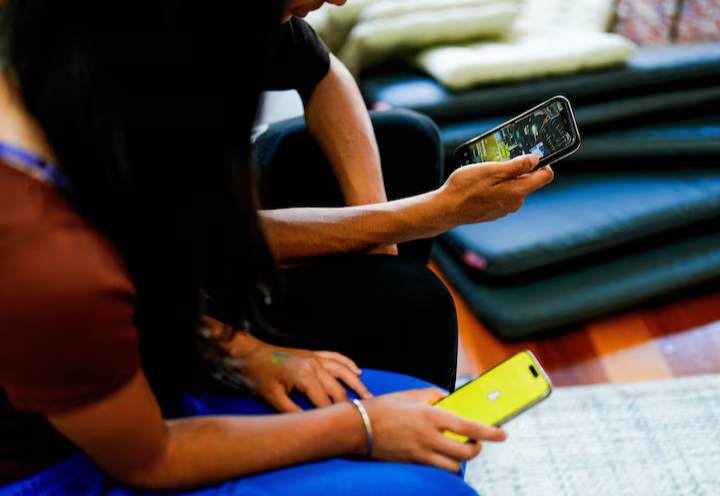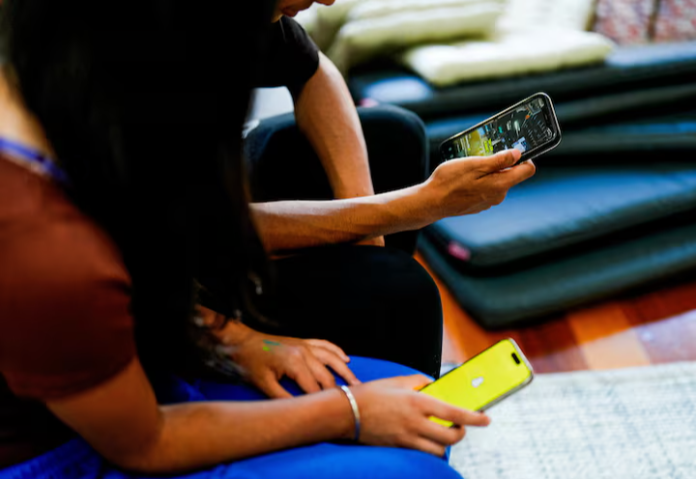Australia is on the verge of rolling out one of the world’s strictest social media bans for teenagers, but there’s a surprising twist: the biggest hurdle might be the tech-savvy teens themselves.
Since January, the Australian government has been testing various age-verification tools to enforce a ban that would block anyone under 16 from using platforms like Instagram, TikTok, Snapchat, and Facebook starting in December 2025. These companies could face fines of up to A$49.5 million (about $32 million) if they fail to take “reasonable steps” to comply.
So far, about 60 types of software have been tested—including facial recognition tools that estimate age with impressive accuracy. Some, like 13-year-old Jasmine Elkin from Perth, were stunned by how close these tools came to guessing their exact age. However, Jasmine and her peers aren’t convinced the tools will stop determined teenagers.
“People are always going to find a way around it,” she said. “They can just ask an older sibling to take a photo for them.”
That skepticism is echoed by tech firms, educators, and even the trial organizers. While the software mostly performs well in identifying ages, the challenge lies in preventing workarounds. According to trial manager Andrew Hammond from tech contractor KJR, teens were so quick and efficient during testing that the team had to double the number of software products tested per session.
Facial recognition proved to be the fastest and most accurate method, while systems requiring credit cards or hand gestures were often too broad or impractical for underage users. In one shocking case, a 13-year-old was mistakenly tagged as a 42-year-old by a facial recognition tool.
The outcome of this project could have global implications. Countries like the UK, France, Singapore, and several U.S. states are already pursuing their own social media restrictions for minors. Even Elon Musk has criticized Australia’s plan, calling the regulatory authority behind it a “censorship commissar.”
Supporters argue the move is necessary to combat online harms such as cyberbullying, exposure to harmful body images, and misogynistic content. A spokesperson for Communications Minister Anika Wells said, “This isn’t the ultimate solution, but it’s a step toward making the online world safer for our kids.”
Still, the software’s effectiveness is a major question. What level of accuracy will the government deem acceptable? 70%? 90%? There’s no official benchmark yet.

Teens involved in the trials are already planning ahead. Charlie Price, 14, from Canberra, said he’ll miss platforms like Instagram and Discord but is preparing to collect the phone numbers of his online friends before the ban kicks in.
“I use social media a lot, but I can live without it,” he said. “Some of my friends are going to be really upset though.”
Meanwhile, educators like Nathanael Edwards, a principal in Queensland, have noted that even basic age-gating tests that ask for birthdays are easily bypassed—though not always successfully.
“There were a few kids who tried to fake their age but got tripped up by the math,” he laughed.
With the full report on the trial findings due by the end of next month, all eyes are on Australia to see if this ambitious ban will hold — or if clever teenagers will simply find a digital backdoor.



